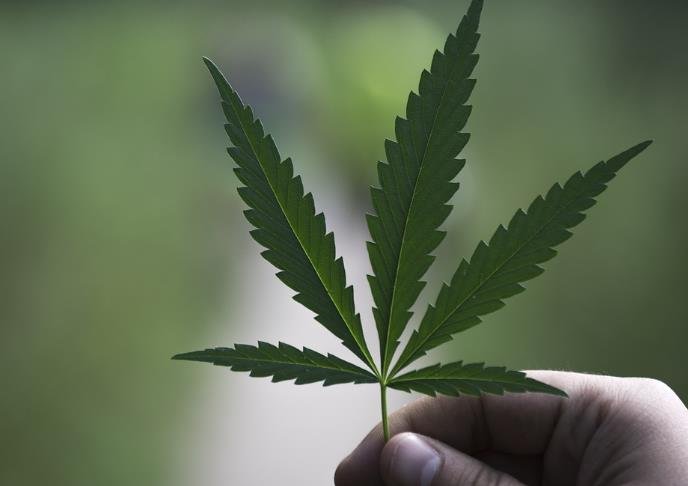In a surprising turn of events, Gunkul Engineering, a titan in the renewable energy sector, has decided to halt its cannabis investment initiatives. This decision comes amidst a haze of regulatory uncertainty and reflects a broader caution in the industry.
Gunkul Engineering, once a pioneer in the Thai cannabis market, has pumped the brakes on its investment in the burgeoning industry. The company’s subsidiary, GK Hemp Group, had already funneled nearly 500 million baht into the development of its cannabis project. However, the shifting sands of government policy have prompted a strategic pause.

The company’s ambitious plans to transform part of its wind farm in Nakhon Ratchasima into a cannabis plantation, with a daily production capacity of 1.1 tonnes, are now in limbo. The goal was to tap into the pharmaceutical, food, and cosmetic industries with high-quality CBD oil. Yet, the current government’s stance on low CBD content levels has stymied product development efforts.
A Cloud of Uncertainty
The root of Gunkul’s hesitation lies in the Thai government’s indecision. The previous administration’s move to decriminalize cannabis in 2022 was seen as a green light for economic growth based on the plant and its derivatives. However, the current administration’s signals that cannabis might be reclassified as a narcotic have cast a shadow over the industry.
Gunkul’s chairperson, Sopacha Dhumrongpiyawut, has called for clear-cut regulations that delineate cannabis use for medical or recreational purposes, set age restrictions for purchasers, and confine sales to designated areas. The lack of such definitive guidelines has led to a halt in the company’s planned investment, which was projected to reach 2 billion baht.
The Future of Green Investment
Despite the setback, Gunkul’s foray into cannabis generated 4 million baht in revenue last year, with projections to hit 100 million baht by 2024. The company’s financial health remains robust, with nearly 99% of its earnings stemming from its core energy business. The recent parliamentary inability to pass a bill controlling cannabis usage was an early indicator of the government’s changing attitude towards the substance.
This reversal in policy may lead other retailers to cease investments or close their businesses. However, Sopacha remains optimistic that proper enforcement of cannabis control laws could still turn this challenge into an opportunity for the industry.
Emily Wilson is a talented wordsmith whose passion for cannabis shines through in her eloquent articles that explore the plant’s cultural significance and historical context. With a focus on arts and lifestyle, she weaves together narratives that celebrate the creativity, innovation, and community fostered by cannabis enthusiasts worldwide. Emily’s unique perspective and engaging storytelling invite readers to embark on a journey of discovery and appreciation for the diverse facets of the cannabis experience.








